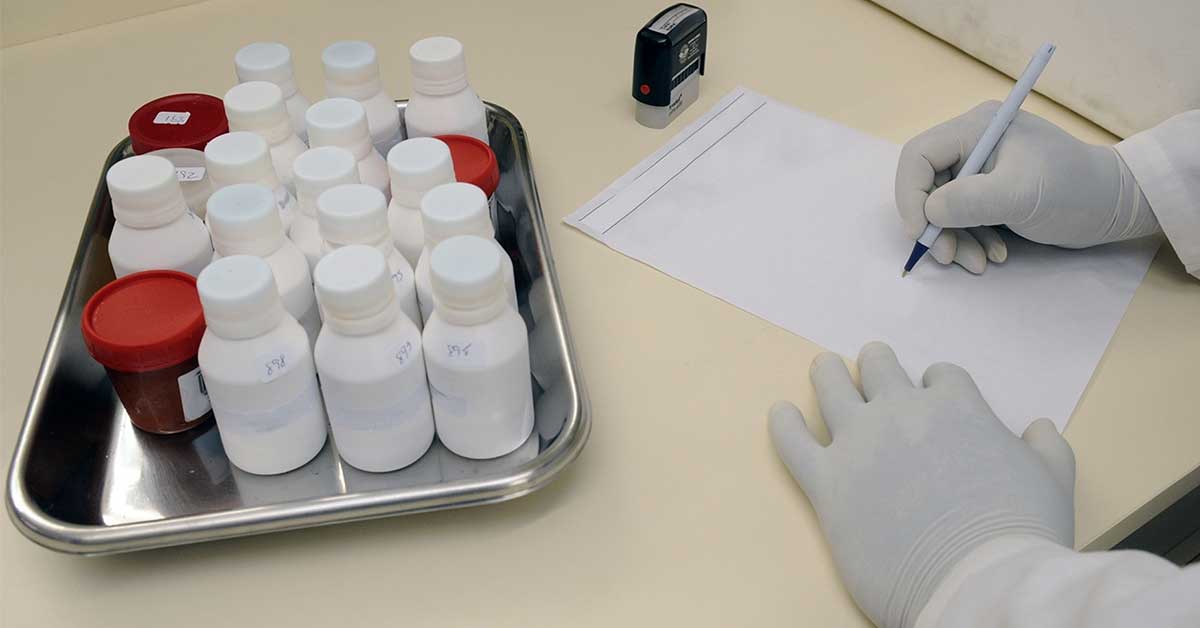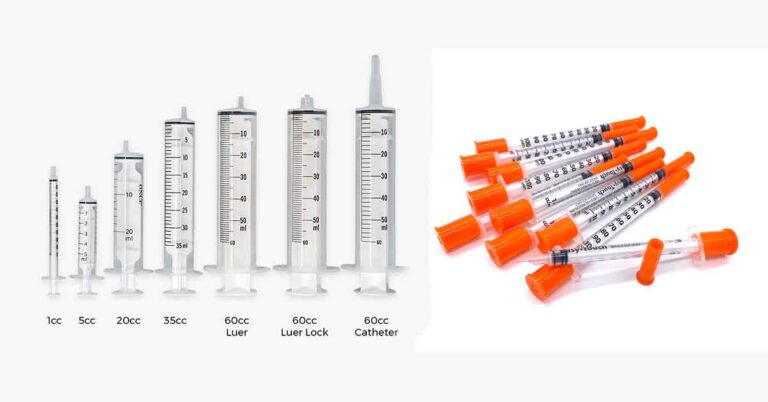Placebo is a Latin term, which means “I may please you.” They are inactive treatment made to look like the real treatment being studied in clinical research, but they lack active substance. However, they give the psychological feeling of real medication – a term called “placebo effect”. They are also called “sugar pills” “dummies”, and can be formed as pills, injections or medical devices.
Placebo preparations are mostly inert substances, e.g. lactose, starch. In some cases, the placebo is an active drug with different clinical effect to the one being tested in the clinical trial. Placebo pills are required in the most randomized controlled trial (RCTs).
The use of placebo is not applicable in a trial where the patient life is at risk if they do not get the real treatment, e.g., in terminal disease such as cancer.
Difference between Placebo and Nocebo Effect
As explained earlier, placebo is a Latin expression, which means “I may please you.” In clinical settings, it can stimulate positive psychological effects on the patient, and even though they have no real effect on the disease, they tend to relieve the symptoms of the disease through a chemical process in the body (Placebo Effect)
Nocebo means “I will be harmed”, and it means a harmless treatment that a patient associates with negative or harmful symptoms due to psychological condition of the patient, or their expectations.
The Placebo Effect
This is the response of the patient to the inactive treatment or placebo. The “Placebo Effect” is the pharmacological effect or side effect of the inactive treatment that cannot be explained by the therapeutic characteristics of the medication. In clinical trials, the placebo is used as control.
This effect is believed to be psychological. It has been observed that even the colour of placebos can elicit an effect. Blue placebo was associated with a calming effect, red with analgesic effect, and yellow with antidepressant effects.
In some cases, patients on placebo experience therapeutic effect. This might be due to the disease slowing down on its own, mind conditioning, or the positivity on the part of the patient. It was also discovered that placebo injections gave more effect than capsule, and pills.
Placebo effect may be modified by the form of administration, personality of the physician, and the patient.
Why Placebos are used in Clinical Trials
Placebos are used in clinical trials of drugs as the control, to compare the safety and effectiveness with the main treatment being tested.
In clinical trials, it will help to ascertain whether the adverse effects are from the treatment or from other causes related to the disease progression.
The volunteers are blinded during the trial, which means they don’t know if they are receiving the placebo or the treatment. In double-blind trials, the patients and doctors who administer the drugs do not know which one is the treatment or the placebo. By this way, there will be no bias in the experiment.
The placebo must imitate the colour, smell, taste, shape, or size of the main treatment to avoid the volunteer identifying any of them, therefore bias is eliminated.
There is ethical controversy regarding the use of placebo in clinical trial. If real patients are tested with it, they might be left to suffer from the condition. To avoid this scenario, the control group will receive the placebo and also standard treatment. The treatment group will receive the standard treatment and the new treatment being evaluated.
Placebo treatment is used in clinical trials:
- For acute and chronic condition that are not progressive,
- In diseases that currently have no effective standard treatment,
- In clinical trial that span a short period or few doses. (ResearchGate)
Use of placebo in psychiatry and medicine
In psychiatry, placebo has been used especially in treating depression, though it is highly debated.
This is the same issue in the medical field where doctors controversially use it. In some cases, it can cause distrust between the doctors and patients because doctors hide the real information about the treatment being given to the patients. The deception can cause ethical issues, or in some cases litigations.












